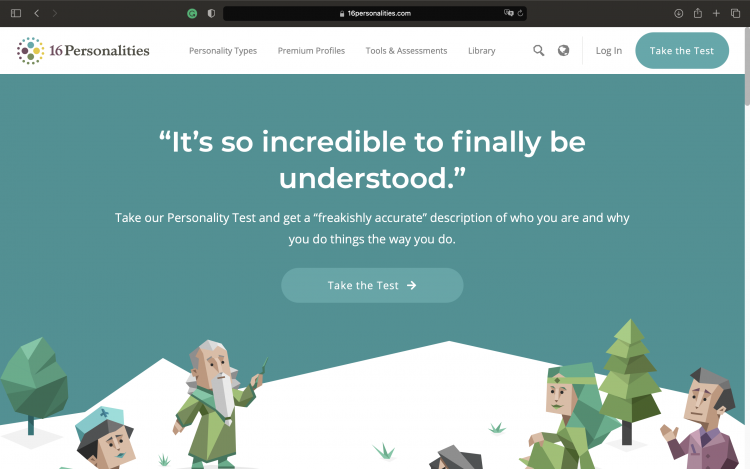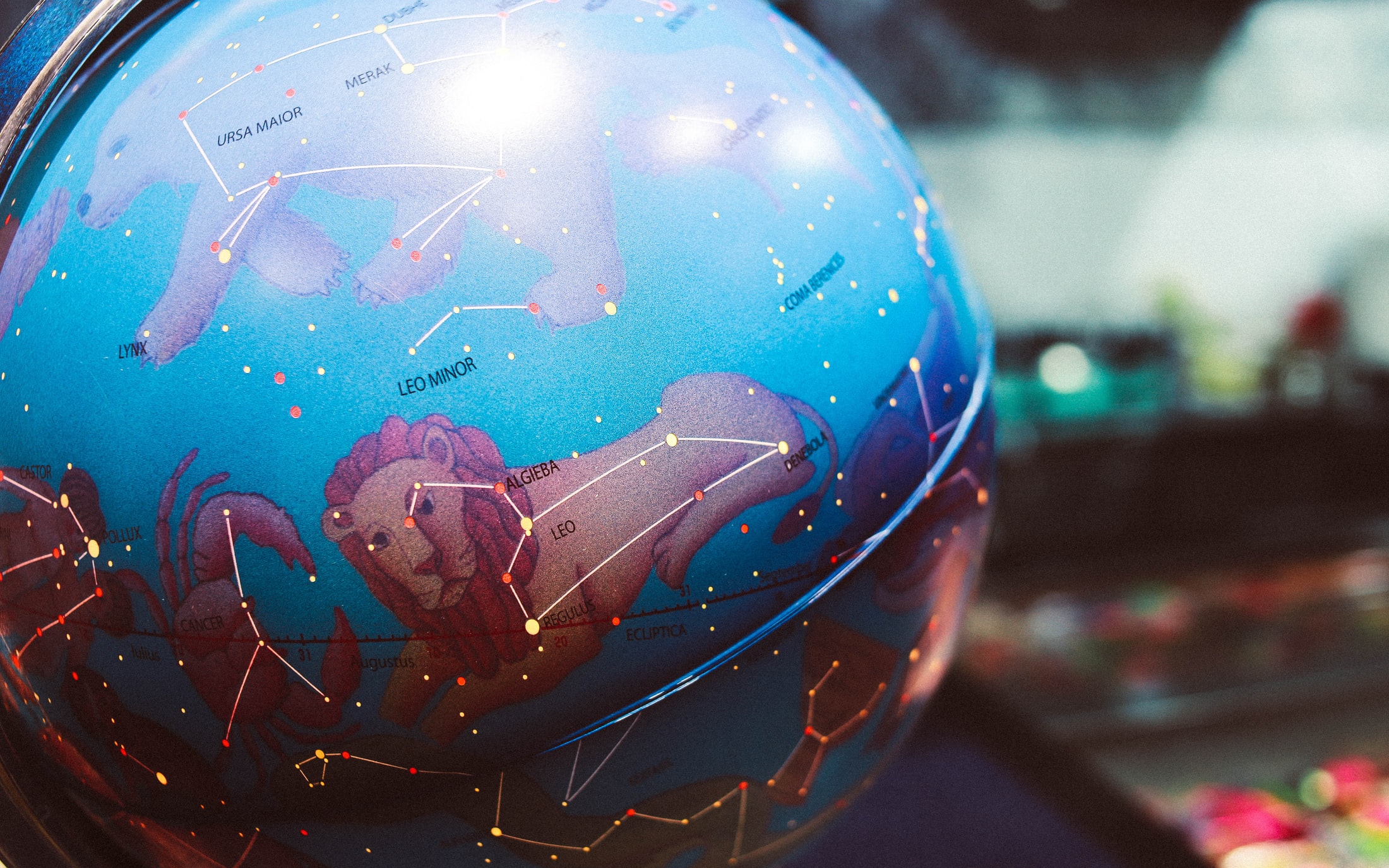Ditch Astrology Signs for Personality Types

Before the internet, television, or even books were around, people sat around and observed something... or anything... or nothing? They looked to the night sky for guidance, not only geographically speaking, but spiritually. They checked the twinkling stars, night after night. How reassuring it must have been for them to see the same constellations in the sky every night. And then one night, some random star just disappeared. Seems almost too straightforward, although that was an amazing scientific breakthrough for the ancient world. Today, we can explain that once miraculous event using science. So why do so many people today choose the stars and planets to better understand life instead of modern science?
Since the origin of time, humans have formed up different systems to describe and classify our personalities. Some people believe in astrology signs, some in psychology. 16personalities.com's famous test dates back to the early 20th century and was the brainchild of Carl Gustav Jung, one of the world's most famous characters in personality typology.
It has inspired several different theories. He developed the concept of 'introversion' (focus on the internal world) and 'extraversion' (focus on the outside world). Besides that, Jung created the theory of allegedly cognitive functions separated into 'judging' or 'perceiving' categories. Just like with intro- and extraversion, each person favors one of these cognitive functions and may generally rely on it in daily situations. After many years, thousands of academic researchers, and a lot of marketing, the 16personalities test has been created and popularized.
Image credit: Unsplash/Nastya DulhiierOne of those academic researchers is Isabel Myers. She helped develop the test that assigns people into those four mysterious letters (mine are ENFP) that explain their personality type. 16personalities is the most well-known place to do the questionnaire. After you respond to its diverse and interesting 60 question assessment, you're rewarded with a detailed description of your personality type.
Of course, the system doesn't always work perfectly and there are certainly people who fall outside or between the available 16 categories. One of the reasons for the possible inaccurate outcomes is that the test is based entirely on self-reporting. If you change your responses, you will get a different result. If you’re a person who is easily affected by your emotions, you might get a different result each time you take the test, because you are answering the questions differently based on your current emotional state.
Regardless, the test with its modern modifications has been very successful, especially in the corporate world. Groups ranging anywhere from giant corporations to student organizations use the test, analyze, and interpret the results. There are multiple guides on how to best engage with people of other personality types, which types of careers you should consider following, and much more.
Although all of that may sound very impressive and often correct, it yields criticism. Arguments range from claiming questionable methodology to saying you can't categorize people with a combination of just eight letters.
When asked about what they felt better described them, their sign or their personality type, student Dove Sinclair says, "I think the test is more accurate because you answer very specific questions to get your result. You aren't just placed in a category with no say, like you are with astrology." Another student, Karen Gutierrez, says, "Zodiac signs are very generalized, and although the Myers-Briggs test may not be completely accurate, at least it actually reflects your personality instead of giving random generalizations." That said, Gutierrez says one of the downsides of personality tests like this one is, "They just take too long to take." She would rather simply read her horoscope when she's curious about it than take the time to go through a questionnaire.
Today, astrology and comparing peoples' signs is, without a doubt very popular, but this trend may not stick around for much longer. Consider looking to personality types, which are rooted in reflecting one's traits instead of astrology. The next time you want to better understand your friends, ask them about their Myer-Briggs personality type instead of their sign.








